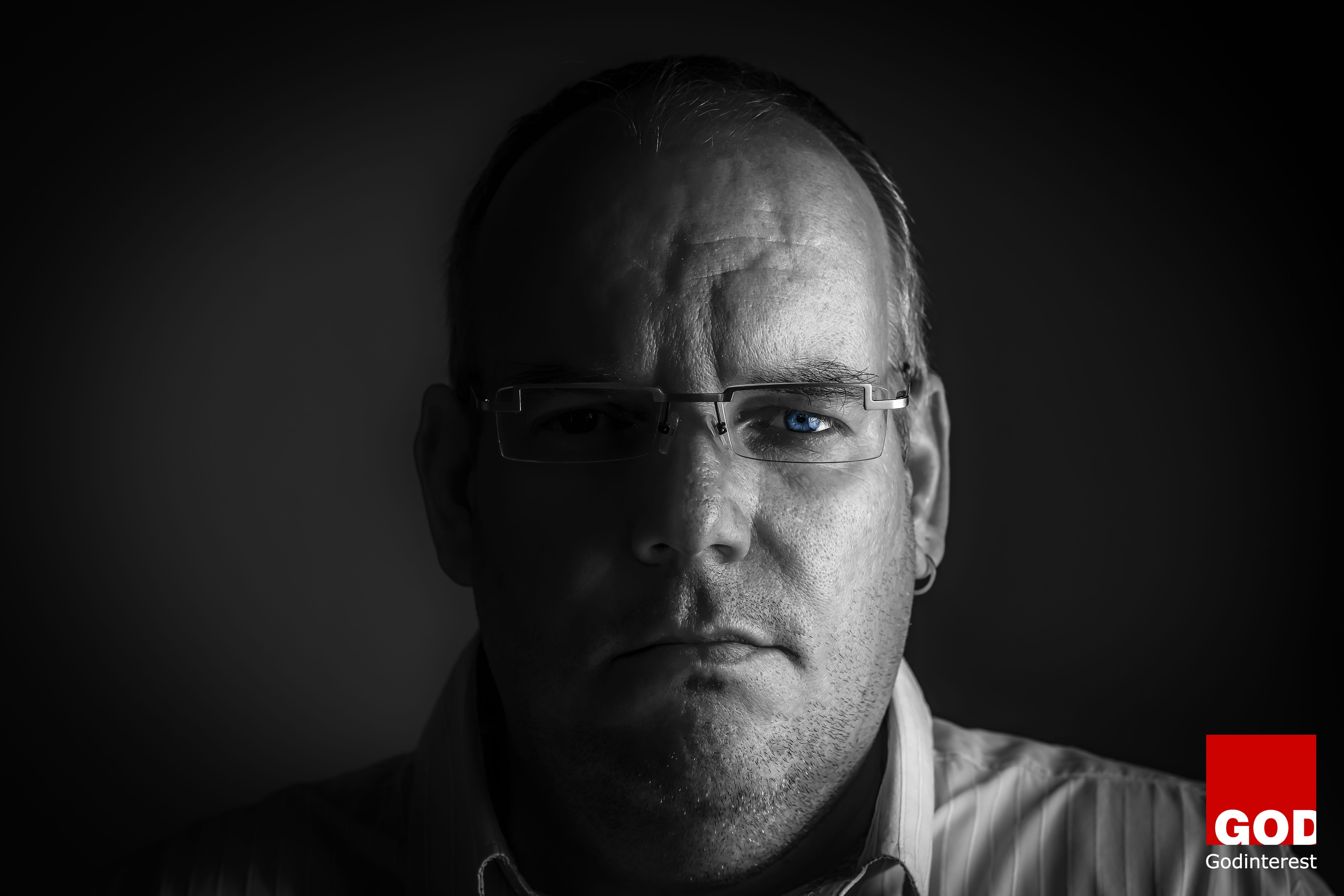During some of the earliest Bible times, people are recorded using plants for healing. Recent trends have begun to swing away from pharmacy and back into the direction of natural, homoeopathic medicine. Sometimes we think that something is a new discovery when it is, in fact, thousands of years old!
I’m not suggesting that we should completely throw out modern medical advances and cures in exchange for only herbs and tinctures. But I do advocate taking a look at the powerful healing plants God put on the earth for our benefit. After all, God gave them to us for a reason!
Here are some of the healing plants mentioned in the bible and suggestions on ways they can be effectively used today:
Frankincense
While Frankincense is closely identified as a substance brought as a gift to Jesus after his birth, it’s not likely that Mary was slathering this oil on the bottom of his feet! At the time, Frankincense was a precious and valuable perfume and was used in priestly rituals as well as indicating prosperity and wealth. Thus, the gift of the Magi to Jesus.
Biblical References: Exodus, Leviticus, Numbers, 1 Chronicles, Nehemiah, Song of Solomon, Jeremiah, Matthew, Revelation
Modern Uses: Frankincense essential oil is known for its antimicrobial, anti-inflammatory, and immune boosting properties. Many people use it in the winter to protect against colds and other germs, as well as to relieve stress and anxiety.
On coming to the house, they saw the child with his mother Mary, and they bowed down and worshipped him. Then they opened their treasures and presented him with gifts of gold, frankincense and myrrh. Matthew 2:11
Myrrh
Extracted from the resin from the Myrrh tree, this oil was prescribed by God as a crucial ingredient in the holy anointing oil used on priests. It was also offered to Christ, mixed with wine, in order to dull his pain while on the cross in order to dull his pain. But he refused it.
Biblical References: Genesis, Exodus, Psalms, Proverbs, Song of Solomon, Matthew, Mark, John
Modern Uses: Today, myrrh is readily accessible (although a bit pricey) as an essential oil. Its benefits include boosting the immune system, fighting infection, improving digestion, and stimulating circulation. It also has a tendency to promote positive feelings as well as working well against skin diseases.
All your robes are fragrant with myrrh and aloes and cassia; from palaces adorned with ivory the music of the strings makes you glad. Psalm 45:8
Garlic
Used medicinally as well as for food, this pungent bulb was likely introduced to the Israelites when they were in Egypt. They were recorded as longing for this tasty ingredient during their time in the desert when they were eating only manna.
Biblical References: Numbers
Modern Uses: Garlic is used today as a dietary supplement to help with heart problems such as high blood pressure, high cholesterol, and hardened arteries. It also can offer a boost to the immune system and may even help to protect against the development of cancer.
We remember the fish we ate in Egypt at no cost—also the cucumbers, melons, leeks, onions and garlic. Numbers 11:5
Aloe
Related to Bible times, aloe is broad term in the bible for a family of plants from which the centre can be extracted particularly for its healing properties. Symbolically, aloe was related to provision and abundance, as well as being used as an embalming ointment to honour the dead.
Biblical References: Numbers, Psalms, Proverbs, Song of Solomon, John
Modern Uses: Today we typically use the term “aloe” as a shortened version of Aloe Vera, which is a popular plant that resembles a cactus and contains a gel-like substance in its leaves. The gel extracted from the leaves is known to soothe skin rashes, treat burns, heal cold sores, reduce inflammation, aid in digestion, and boost antioxidants.
Like valleys they spread out, like gardens beside a river, like aloes planted by the Lord, like cedars beside the waters. Numbers 24:6
Cedarwood
Commonly burned ceremonially because of its scent, Cedarwood is linked with purification and cleansing. It was also extracted into an oil and used as a purifying agent as well as an embalming substance. The wood itself was used prolifically in the building of the temple, considered to be sacred and holy.
Biblical References: Leviticus, Numbers, 1 Kings, 2 Kings, 2 Chronicles, Psalms, Song of Solomon, Jeremiah, Ezekiel, Ezra, Zechariah
Modern Uses: As an essential oil, Cedarwood is often used in association with reducing pain, inflammation, spasms, and fungal infections. From a mental standpoint, the scent is believed to increase focus and promote wise thoughts.
The inner sanctuary was twenty cubits long, twenty wide and twenty high. He overlaid the inside with pure gold, and he also overlaid the altar of cedar. 1 Kings 6:20
Cinnamon
While we now often associate cinnamon with yummy baked goods, that wasn’t the case during bible times. In fact, this spice was once considered to be more valuable than gold because of its medicinal properties. Cinnamon oil was extracted from the bark and used for perfume and anointing.
Biblical References: Exodus, Proverbs, Song of Solomon, Revelation
Modern Uses: Cinnamon is powerful for supporting the immune system, promoting circulation, relieving achy muscles and joint pain, and maintaining oral health. Some people use Cinnamon essential oil, diluted with a carrier oil, by massaging it into the skin over sore joints and muscles.
I have perfumed my bed with myrrh, aloes and cinnamon. Proverbs 7:17
Cassia
Another sacred perfume extracted from the bark of the Cassia plant, the scent of this oil is similar to the more familiar cinnamon and would have been used in anointing oil. During Bible times it was also used in powdered form during commerce and trade.
Biblical References: Exodus, Psalms, Ezekiel
Modern Uses: In the form of an essential oil, Cassia is often used to help as a treatment for diarrhoea, relief from arthritis pain, improvement in circulation, reduction of inflammation, and relief from menstrual cramps and other symptoms.
All your robes are fragrant with myrrh and aloes and cassia; from palaces adorned with ivory the music of the strings makes you glad. Psalm 45:8
Mint
Mentioned specifically only in the New Testament, mint was commonly grown herb. It is suspected that mint may have been included as one of the bitter herbs which were used in the Passover celebration. Mint may have been scattered onto dirt floors or hung in houses to cover over foul smells and create a welcoming scent. Mint may have also been used as a seasoning for foods and
Biblical References: Matthew, Luke
Modern Uses: Now there are more than 1000 hybrid varieties of this herb, some of the more familiar including peppermint, spearmint, and pennyroyal. Its health benefits include help with digestion and tummy discomfort, freshening breath, opening up breathing passages for asthma or colds and even reducing memory loss.
You give a tenth of your spices—mint, dill and cumin. But you have neglected the more important matters of the law—justice, mercy and faithfulness. Luke 11:42
Some of these healing plants might be growing in your backyard while others are a bit more obscure. Many of them are available in the form of essential oils or nutritional supplements. As with any type of homoeopathic medical treatment (no matter how natural) be sure to check with a medical professional about whether these are safe to use for your specific needs.

















